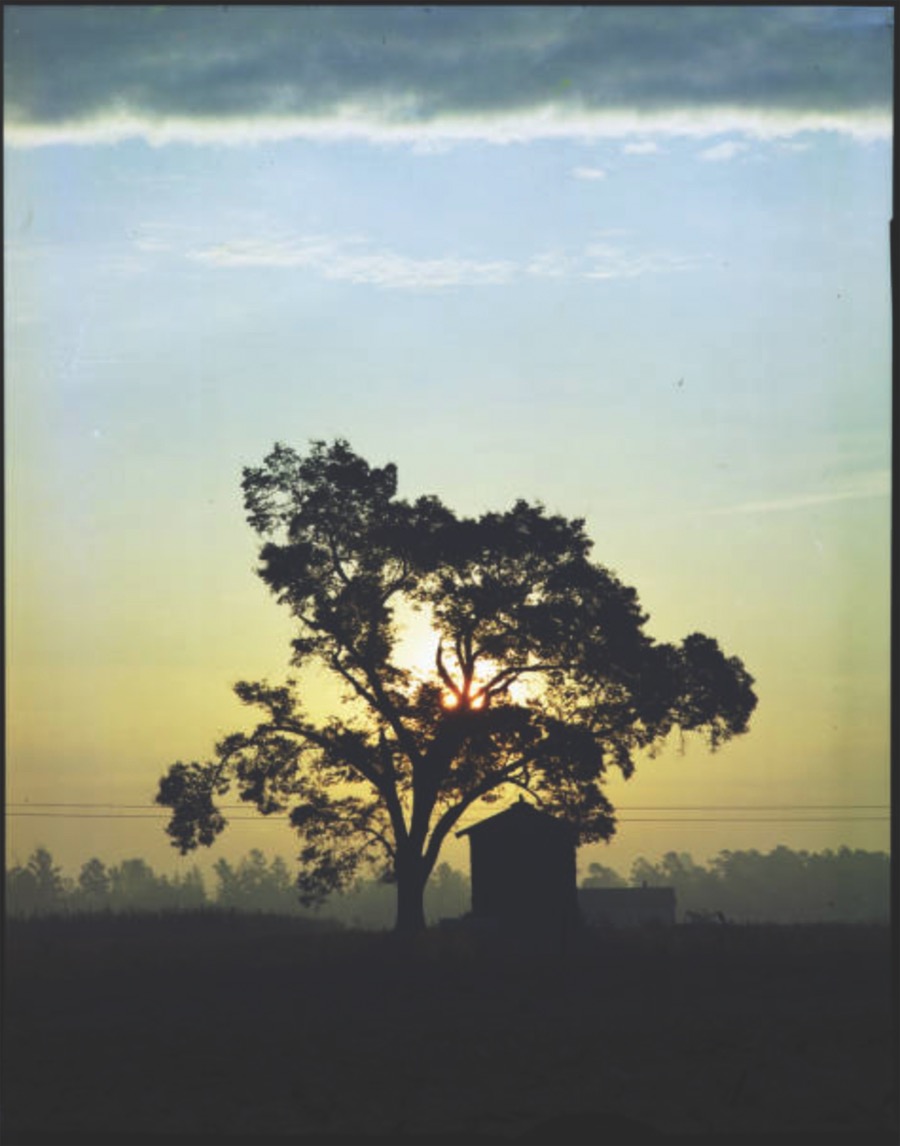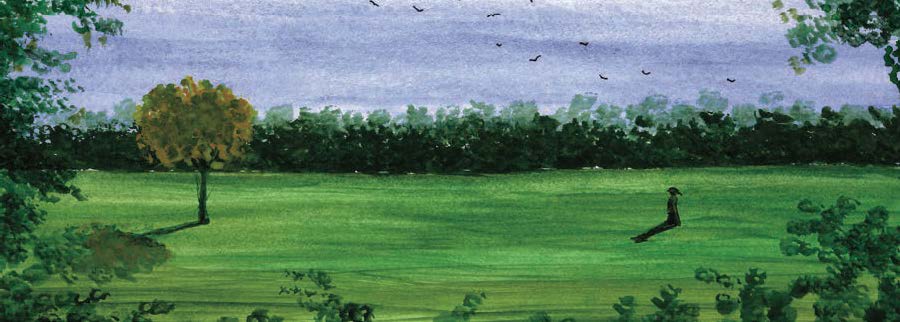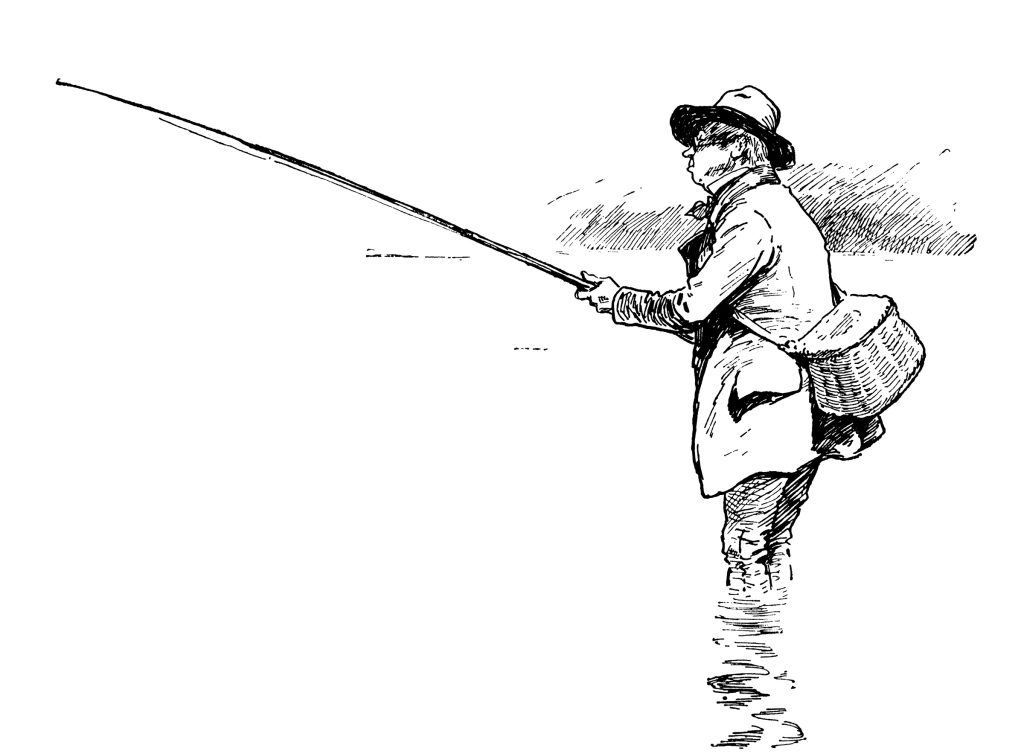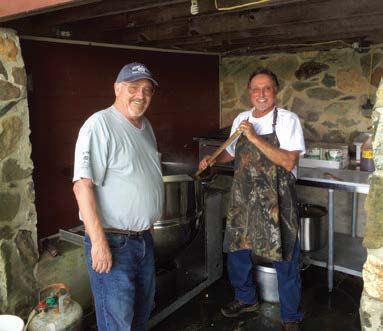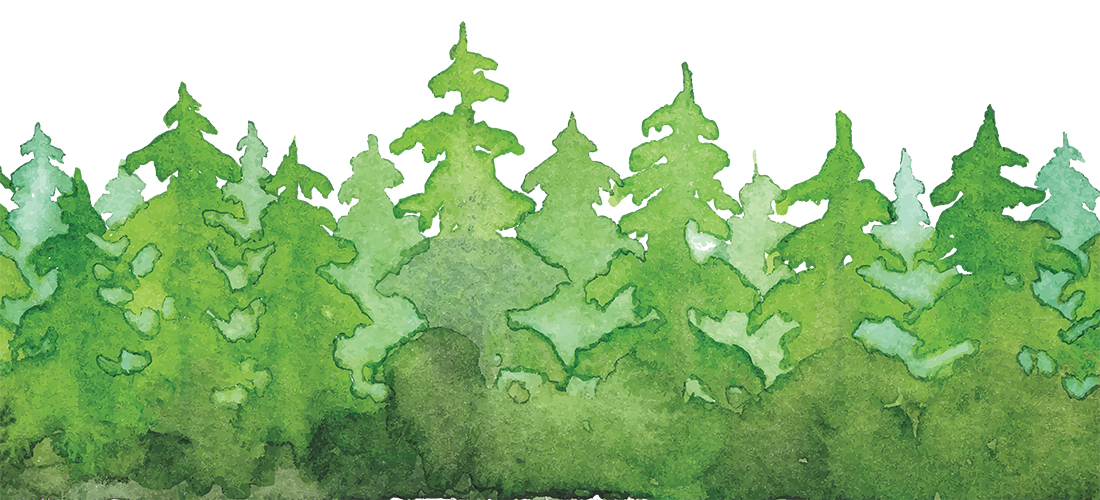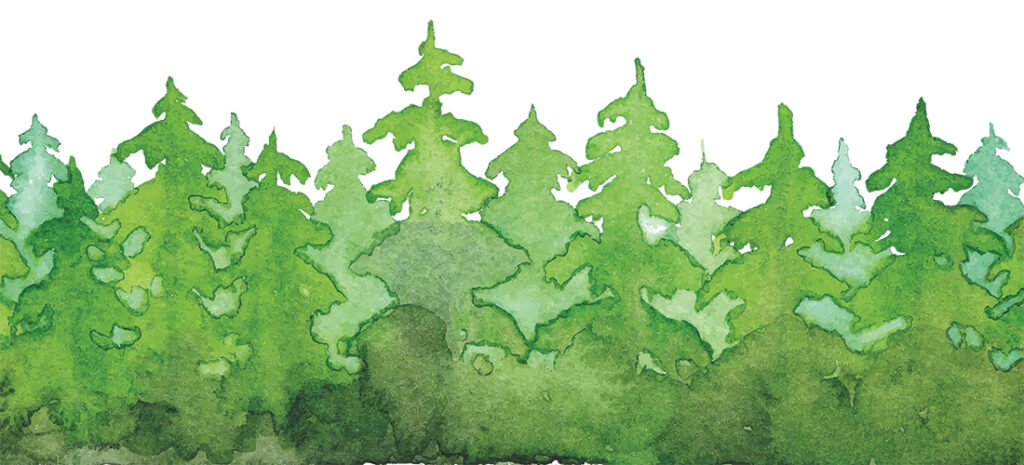SPORTING LIFE
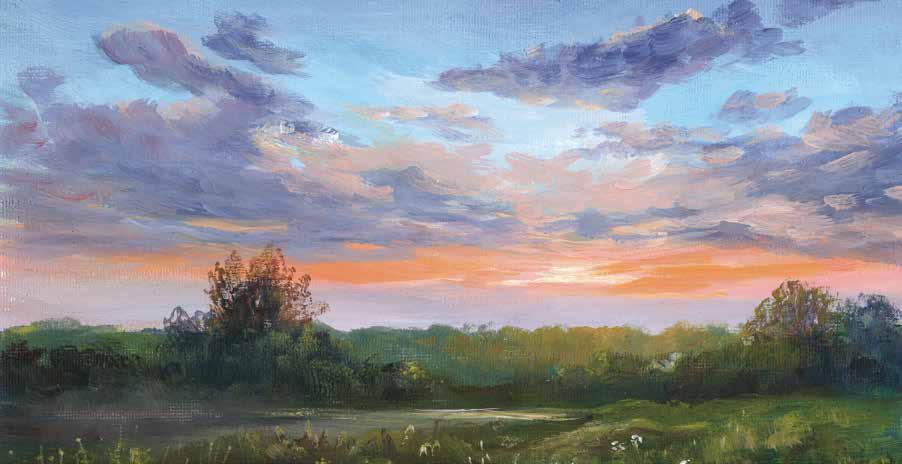
Restoring the Soul
Pausing for a solitary side trip
By Tom Bryant
It’s ironic that three days before Thanksgiving in 2024, a time of celebration and great revelry, I was told that I almost died.
It all started in July of that year. Now I’m pretty much a healthy, in-good-shape guy. Always have been from early childhood to what is often laughingly referred to in today’s society as geezerhood. Played sports in high school and college, joined the Marines in a fit of finding myself. I found myself alright. The Marine Corps taught me in a short time to look after my body. I’ve fished and hunted and camped from Florida to Alaska always in good condition and good humor. I take a multivitamin and a 10-milligram Simvastatin daily, and that’s the extent of my pills.
So what happened? Coming home from the beach one Sunday morning, I noticed a recurring sharp pain in my lower abdomen. It went away and I thought no more about it. I had my annual physical coming up in a week or so, and I figured I’d tell the doctor about it then.
After several tests, my local physician referred me to the urology department at First Health. The results from an exploratory surgical operation weren’t that good. Linda, my bride, was there with me in the recovery room and she told me tearfully that I had cancer.
There. Those three magic words that will turn anyone’s world upside down. “You Have Cancer.”
I remember I was kind of dopey recovering from the anesthesia, and the first thing that entered my mind was, “This is gonna play hell with early fall fishing.”
Later, as the reality of the situation began to sink in, I was upset that not only was I in for a bad time, but Linda was going to have to suffer with me. I remembered some of the stages that a new cancer patient goes through: fear, anxiety, sadness, anger. Sure, I had some of those feelings but I made up my mind that just like many other adventures in my life, I was gonna consider this another hazardous occurrence, a learning experience, and play it to the hilt.
The folks at First Health referred me to the specialists at Duke, and I was off and running. Linda and I made appointments to meet with the recommended oncologist and surgeon bright and early on a Tuesday morning in August. I remember the day because we cancelled a beach trip scheduled for that week.
The people at Duke have a cancer center bigger than any health facility I’ve ever been in. The entire building, all five floors, is dedicated to cancer patients, and from the valet folks who park your car to the individuals in charge of information who point you in the right direction, we never felt out of place.
We met with the oncologist first, and she laid out a program of chemotherapy, about two months’ worth, that would take place before the surgery. We then met with the surgeon who explained the procedure and what I could expect during the recovery period. When I asked what would happen if I decided to let nature take its course, he simply replied, “You’ll have about nine months.”
We made arrangements and appointments, going along with all the recommendations from the experts, collected our car from valet parking and headed home.
“We’ve got a couple weeks before the chemo stuff starts. What say we go to the beach?” I asked Linda as I dodged in and out of the breakneck drivers who seem to hang around the high-speed highways.
“I vote for that,” she replied. I could tell that our recent experience with the doctors was a lot for her to take in. Me too.
The beach was wonderful. I didn’t even carry fishing equipment, and we left the little Airstream at home. All we did was hang out, reminisce about old times, and enjoy good seafood. We stayed at one of our favorite hotels right on the beach. We talked and talked and talked. Always in the back of our minds was the upcoming ordeal and the best way to handle it.
My brother had passed away two years before from lung cancer, so we were not entering our upcoming travail totally unprepared. We knew what could happen.
Our son, Tommy, was constantly in touch, not wanting to be too far from all the decisions. By now, the word was out about my health situation and the phone started ringing off the hook — not my phone, mostly Linda’s. Family and friends wanted to know what they could do to help. I was amazed at all the good wishes that came in from friends everywhere.
In September our ordeal began. Although I didn’t have a lot of side effects, chemotherapy exhausted me. I didn’t lose all my hair but I did lose a lot of weight. The folks at Duke were amazing. Never have I met such caring people.
I had to bail from chemo right before the last infusion. It seems that the chemicals in the stuff not only kill cancer but can also destroy hearing. The oncologist said enough’s enough. The surgery was in about two weeks.
The next day I decided to ride out to the old tobacco farm that my good friend Joe Rosy owns. He lets me have access to the farm to bird hunt. The part of the land I use is about 150 acres located close to Drowning Creek. It’s where I go to restore my soul and remember what living is all about.
Usually I’ll park the Cruiser and walk, but with my energy at ebb I rolled down the windows and, at crawl speed, drove around the familiar property. There was the cut in the pines that led to where a used up sawmill once stood. Mackie, my little yellow lab jumped a pair of quail every time we went to the spot. I never did shoot — just seeing them fly was enough.
On the corner of the pine stand that Joe uses to harvest pine straw was a tall longleaf that I would sit under, waiting for the evening flight of dove. I drove on around the harvested soybeans and took the minuscule path that serves as a road between the two barns. At the end of the road, surrounded by pines, is a small field of maybe 10 acres. I got my first turkey there, hunkered down at the tree line. He was a big one, 21 pounds.
I pulled the truck up under a big white oak, took a water bottle from the cooler. I always carry a portable folding chair in the back of the Cruiser, and I decided to sit for a spell. Several years ago, I sat in this same spot on the day I carried Mackie to the vet to have her put down. She was past help, in her old age, hips gone and suffering. The vet said it was time. My dogs have always been family and that special, sad time was locked in my memory. On that day there had been a big red-tailed hawk circling the woods down close to the pond and, as I sat there kicked back, sipping water, I saw a red-tail flying in exactly the same location. Wonder if that’s the same bird, I thought. Naw, too long ago. Could be an offspring though.
In a little while, watching and taking in the peacefulness of the little farm, I became worried that Linda might be concerned, and I decided to head on back home. The big cancer operation was scheduled and our hands would be full.
As I eased out to the main road and got out to close the gate, I could still see the hawk. He was wheeling about, out over the fields now, climbing higher and higher. I watched until he was almost out of sight, then I got in the Cruiser and headed down the road toward home.





